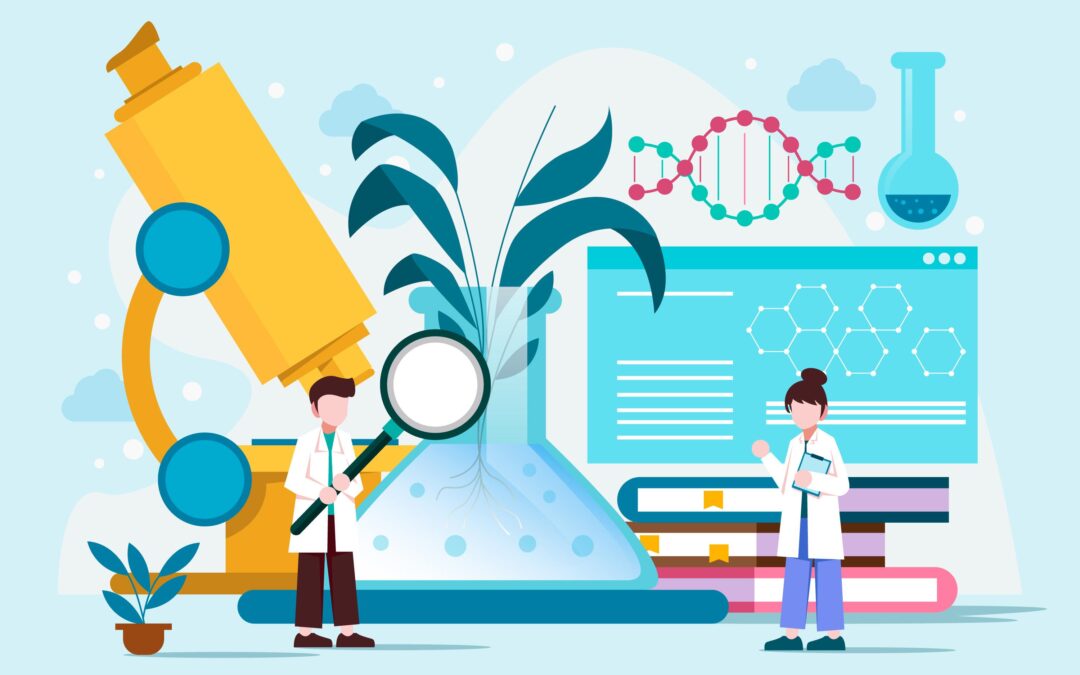Introduction
Cancer, a leading global health challenge, has long defied traditional research paradigms. Recent advancements in bioinformatics, fueled by breakthroughs in computational methods and multi-omics data integration, are ushering in a new era of precision medicine. At LeadingFront Management Partners, we combine our deep expertise in bioinformatics with a commitment to innovation, driving solutions that address the complexities of cancer and other critical biomedical challenges.
The Convergence of Big Data and Bioinformatics
The advent of high-throughput technologies has generated unprecedented volumes of biological data. Datasets such as The Cancer Genome Atlas (TCGA), which contains over 11,000 cancer genomes, exemplify the potential of “big data” to unravel the intricate mechanisms underlying cancer progression. These resources enable researchers to perform integrative analyses, correlating genomic, transcriptomic, proteomic, and clinical data to identify actionable biomarkers and therapeutic targets.
The complexity of cancer—characterized by tumor heterogeneity, dynamic clonal evolution, and multi-scale interactions—necessitates advanced computational tools. Techniques like graph neural networks and multi-omics integration have redefined drug repurposing and personalized treatment strategies.
Advancing Cancer Therapy Through Computational Approaches
Drug Repurposing: Traditional drug development is costly and time-intensive, with a success rate below 10%. Bioinformatics-driven drug repurposing offers a faster, cost-effective alternative by leveraging existing drugs for new therapeutic indications. Frameworks like KG-Predict and DT2Vec exemplify the potential of computational pipelines to identify novel drug-target interactions and optimize clinical outcomes.
Tumor Subtyping: Multi-omics analyses have enabled the classification of cancer into molecularly distinct subtypes, paving the way for precision oncology. For example, hepatocellular carcinoma subtyping using Bayesian network models has highlighted molecular features linked to survival and treatment response.
Pathway Analysis: Tools such as GSEA and pathway topology-based methods allow researchers to map dysregulated pathways in cancer, providing insights into tumor initiation and progression. Such analyses guide the development of targeted therapies aimed at restoring normal pathway function.
Beyond Cancer: Bioinformatics in Broader Biomedical Research
While cancer research is a primary focus, bioinformatics has transformative applications across other domains. For example, in infectious diseases, computational models played a pivotal role in developing COVID-19 vaccines. Similarly, in neuroscience, bioinformatics is unraveling the genetic underpinnings of disorders like Alzheimer’s, enabling earlier diagnoses and more effective interventions.
LeadingFront: Your Partner in Data-Driven Discovery
At LeadingFront Management Partners, we specialize in harnessing the power of bioinformatics to deliver innovative solutions for our clients. Our expertise spans multi-omics data integration, machine learning, and systems biology, empowering organizations to tackle complex challenges with precision.
We have spearheaded projects that integrate cutting-edge computational approaches with translational research. LeadingFront is a trusted partner for clients seeking to optimize their research pipelines, accelerate drug discovery, and enhance patient outcomes.
The Path Forward
As we stand on the cusp of a bioinformatics revolution, collaboration between researchers, clinicians, and computational experts is essential. At LeadingFront, we are dedicated to pushing the boundaries of what is possible, using bioinformatics to unlock the secrets of biology and deliver life-changing solutions.
Whether you are pioneering cancer research, exploring new therapeutic horizons, or optimizing clinical trial designs, LeadingFront is your partner in innovation. Together, we can harness the transformative power of bioinformatics to shape a healthier future.




